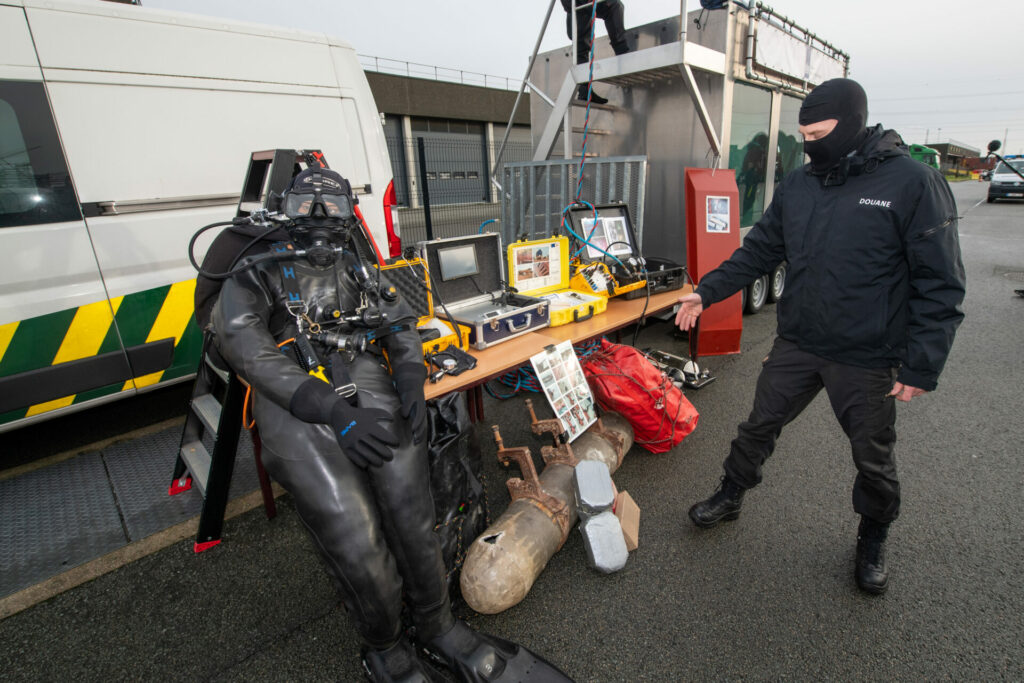In light of Antwerp's position as an international cocaine smuggling hub and the ongoing drug-related violence in the city, Belgium has signed a cooperation deal with Ecuador to tackle organised crime and drug trafficking.
A key economic hub for Belgium and the EU, the Port of Antwerp has become the nucelus of Europe's illegal trade, especially drugs. Last year, a record amount of the drug was seized in the Port of Antwerp, of which 56.4 tonnes came from Ecuador.
"The fight against drug crime requires close cooperation between the two countries," Belgium's Home Affairs Minister, Annelies Verlinden, said. For this reason, she on Monday signed a protocol with her Ecuadorian colleague, Minister Juan Zapata, to boost police cooperation with Ecuador.
Sharing best practices
By signing the agreement, the two countries confirm their commitment to intensify police cooperation, strengthening coordination and facilitating the exchange of expertise. This also involves promises to strengthen police cooperation by organising training, sharing best practices, exchanging information and coordinating police investigations.
The new Belgian police liaison officer, who began his work early this month cooperating with Ecuador and Colombia, will take up the implementation of the protocol for Belgium.
"By signing the cooperation protocol, my Ecuadorian colleague is sending a clear signal, namely that he wants to intensify our joint fight against organised crime. This is essential to keep drugs out of our ports, and drug violence out of our streets," Verlinden concluded.
Related News
- Over 20 kilograms of cannabis found in a building in Brussels
- Prime Minister De Croo urges private sector to join the fight against drug trafficking
The record amount of cocaine seized last year as well as the death of an 11-year-old girl in a shooting linked to the drug environment this year has spurred several politicians to push for a strong response, including some calling for the army to be deployed.
Two weeks ago, Belgium's Federal Government announced it would be taking seven measures to tackle organised drug crime in the country itself, noting it had entered the phase of "narco-terrorism."
Prime Minister Alexander De Croo concluded that the fight against drug crime is "an absolute top priority of this government."

